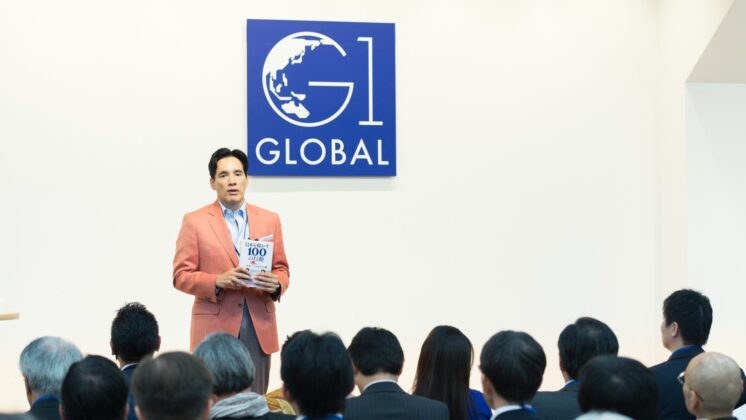The Constitution of Japan is the oldest in the world. More precisely, among modern constitutions it is the 14th oldest, but all of the constitutions enacted before the Constitution of Japan have been frequently amended. For this reason, it is not wrong to say that the Constitution of Japan is the oldest in the world. We, as the sovereign, must take a serious look at the Constitution, which defines the rights of the Japanese people and the basic structure of Japan. We are entering an era where we must exit the mode of “ceasing to think” and start creating a Constitution that reflects the times.
1. Positively Understand the Revision of the Constitution!
The present Constitution of Japan was established without any modification other than minor corrections to the draft prepared by General MacArthur and without a national referendum. In Germany, the Basic Law (the Constitution of Germany), which was also enacted during the post-WWII occupation, has been revised 59 times by the German people. The Constitution of Japan has never been revised at all. The constitutional revision will be a major event wherein the Japanese people, who are the sovereign, can make decisions about the Constitution for the first time in the history of Japan. The Japanese people should be highly motivated to proactively take part in revising the Constitution.
2. Dispense with the “Pro-Constitution” Notion of Opposing Constitutional Revision!
It is needless to point out, but we know from Darwin’s theory of evolution that species cannot survive unless they continuously adapt to changes in the environment. A state also needs to change with the times. This idea can be best applied to the revision of a constitution. Other countries make untiring efforts to protect their constitution. The United States has amended its Constitution six times since 1945, Canada 18 times since the end of WWII, France 27 times, Italy 15 times, and Germany 59 times.
In Japan, not even a single motion to revise the Constitution has been made. It cannot be denied that this may have something to do with the biased “pro-Constitution” notion that “pro-Constitution = good” and “constitutional amendment = bad,” which has been widely accepted in Japanese society. On the contrary, it is obvious from overseas cases that constitutions must be appropriately updated according to the needs of the times. People should dispense with the notion of being “pro-Constitution,” which has been accepted unquestioningly, and realize the necessity of revising the Constitution in such a way as to reflect contemporary developments.
3. Involve All Political Parties and Think Tanks in Proposing a Draft Constitution and Have a National Debate!
If it goes ahead, it will be the first time Japanese people have been involved in revising the Constitution of Japan. Japan has no historical precedent for its people to revise the Constitution by referendum. What is most important here is the participation of the people of Japan, and their ownership. For such a first attempt by Japanese society to revise the Constitution, a robust national debate involving all stakeholders should be undertaken. To do this, the following process should be applied: all parties and think tanks will submit their own draft constitutions and, based on them, people will be encouraged to express and debate their views. The objective of the constitutional revision is not to split the Japanese people into divided camps based on opinion. Efforts should be made to reach the best possible consensus.
4. Get Rid of the “Super” Rigid Constitution, Which is Exceptional in the World!
Other countries frequently revise their constitution. They present as many “proposals” for a revised constitution as possible to their people, and these proposals are often rejected. Through this process, they adopt a revision that has been approved by national consensus. This is how other countries update their constitution to reflect the needs of the times. Every time the constitution is revised, the people undertake a serious examination of their national basic law and express and discuss their view.
In Japan, the procedures that the Diet must go through before presenting a proposal for revising the Constitution to the public are so strict that the Japanese people are deprived of opportunities to think about the Constitution and express their views. To address this situation, Article 96 of the Constitution, which stipulates the process of proposing a constitutional revision to the people, should be amended. Article 96 requires at least a two-thirds majority approval from both houses of the Diet – the House of Representatives and the House of Councilors – before a revision can be taken to a public referendum. This should be changed to a majority of all members of the two houses.



